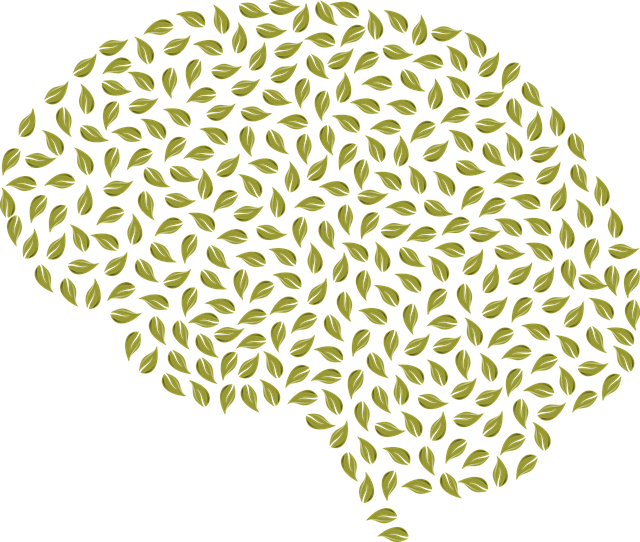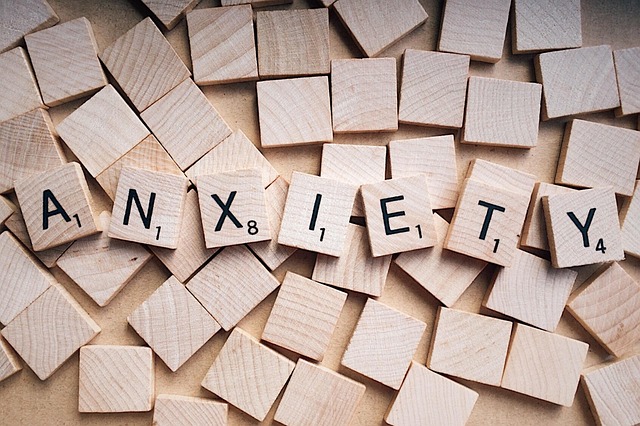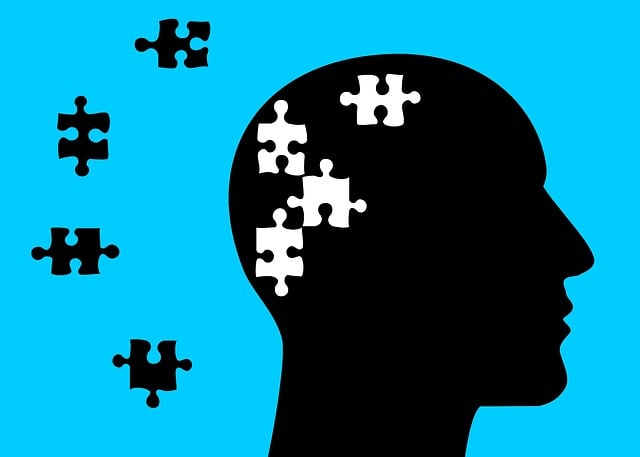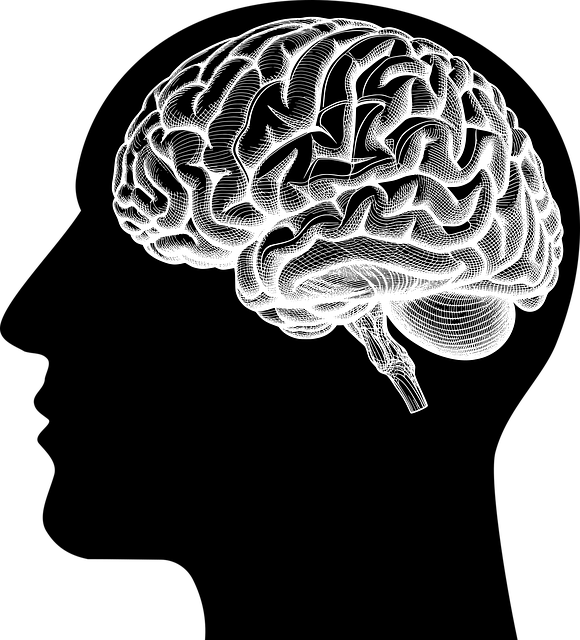In today's digital era, Northglenn Self-Esteem Therapy emphasizes the vital link between social skills and mental wellness. By addressing anxiety and depression, this therapy offers structured programs teaching communication strategies, emotional regulation, and appropriate social behaviors. Public awareness campaigns destigmatize mental health issues, encouraging participation in these programs. Through evidence-based strategies, mindfulness meditation, and self-care practices, clients build resilience, improve emotional regulation, and gain confidence in social situations, ultimately enhancing their ability to connect with others and manage their mental health effectively.
Social skills training is a powerful tool in managing mental health conditions, fostering better interactions, and enhancing overall well-being. This article delves into the intricate relationship between social skills and mental health, highlighting how self-esteem plays a pivotal role. We explore effective strategies tailored for individuals with various conditions, focusing on Northglenn Self-Esteem Therapy as a comprehensive approach to building social confidence. By understanding these techniques, you can navigate social situations more comfortably and improve your mental health journey.
- Understanding the Link Between Social Skills and Mental Health
- The Role of Self-Esteem in Social Interactions
- Strategies for Improving Social Skills in Individuals with Mental Health Conditions
- Northglenn Self-Esteem Therapy: A Comprehensive Approach to Building Social Confidence
Understanding the Link Between Social Skills and Mental Health

In today’s world, where mental health conditions are increasingly prevalent, understanding the intricate relationship between social skills and mental wellness is paramount. Northglenn Self-Esteem Therapy recognizes this link as a pivotal aspect of overall well-being. Many mental health disorders can significantly impact an individual’s ability to interact socially, leading to feelings of isolation and further exacerbating symptoms. For instance, anxiety disorders often manifest as social avoidance, while depression can make even simple conversations challenging.
Social Skills Training plays a crucial role in addressing these challenges. Through structured programs, individuals learn effective communication strategies, emotional regulation techniques, and appropriate social behaviors. This not only enhances their ability to connect with others but also fosters a sense of belonging and improves overall mental wellness. Public Awareness Campaigns aimed at destigmatizing mental health issues can further encourage people to seek support and participate in such training, ultimately contributing to a more inclusive and supportive society.
The Role of Self-Esteem in Social Interactions

Self-esteem plays a pivotal role in shaping social interactions and is an essential aspect of mental well-being. For individuals dealing with mental health conditions, such as anxiety or low mood, building self-confidence can be transformative. Northglenn Self-Esteem Therapy focuses on empowering clients by helping them challenge negative thought patterns and beliefs that may hinder their ability to engage socially. Through therapy, individuals learn to value themselves and their contributions, fostering a sense of belonging and connection with others.
Developing strong social skills is not just about interacting; it’s about building resilience and coping mechanisms. By addressing self-esteem issues, therapists enable clients to manage social situations more effectively, leading to improved emotional regulation and anxiety relief. This process can be particularly beneficial in public settings, where individuals may feel judged or anxious. Public Awareness Campaigns Development can play a supporting role by highlighting the importance of mental health and reducing stigma, creating an environment where those with conditions like anxiety or depression feel safer to practice and enhance their social skills.
Strategies for Improving Social Skills in Individuals with Mental Health Conditions

Improving social skills for individuals with mental health conditions involves a multi-faceted approach tailored to each person’s unique needs and challenges. Northglenn Self-Esteem Therapy offers evidence-based strategies that foster connection and communication. Self-awareness exercises, such as mindfulness meditation, can help individuals recognize their emotions and triggers, paving the way for healthier interactions.
Self-care practices, including stress reduction methods like deep breathing or yoga, build resilience and emotional regulation. By integrating these techniques into daily routines, individuals gain confidence navigating social situations. Northglenn Self-Esteem Therapy encourages a supportive environment where clients can practice new skills in a safe and encouraging space, ultimately enhancing their ability to connect with others on a deeper level.
Northglenn Self-Esteem Therapy: A Comprehensive Approach to Building Social Confidence

Northglenn Self-Esteem Therapy offers a unique and comprehensive approach to building social confidence among individuals managing mental health conditions. This innovative program recognizes that self-esteem is a cornerstone of overall well-being, especially in navigating social interactions. By focusing on this aspect, the therapy empowers clients to foster meaningful connections and enhance their support networks.
The Northglenn Self-Esteem Therapy incorporates proven strategies from risk management planning for mental health professionals, emphasizing the importance of self-care practices and adopting mind over matter principles. Through structured activities and guided sessions, participants learn to challenge negative thought patterns, boost their self-belief, and develop effective communication skills. This holistic approach not only prepares individuals to confront social challenges but also equips them with tools for long-term mental health management, ultimately improving their quality of life.
Social skills training, particularly through innovative approaches like Northglenn Self-Esteem Therapy, plays a pivotal role in managing and improving mental health conditions. By addressing self-esteem issues and providing practical strategies, individuals can enhance their social interactions and overall well-being. This comprehensive approach offers hope for those seeking to navigate the challenges of mental health while building confidence and fostering meaningful connections.














